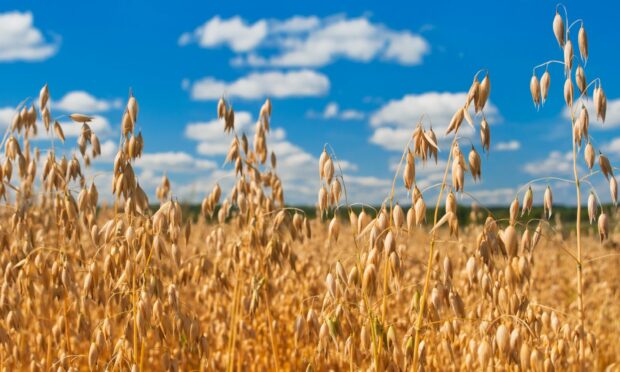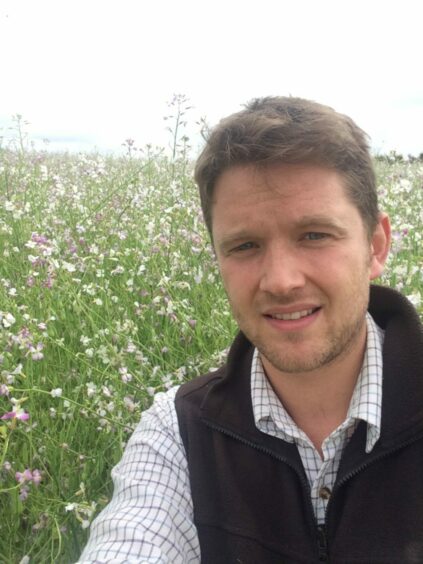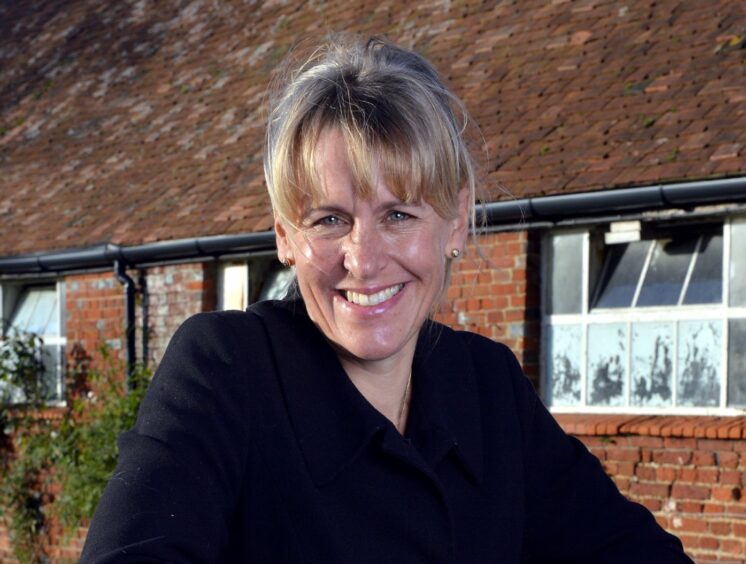Two new initiatives have been launched to help farmers adapt their businesses to become more sustainable and boost the industry’s drive to meet net zero goals
More than 300 farmers who grow grain for PepsiCo’s Quaker Oats – most of them close to Cupar Mill in Fife – are being offered support to adopt regenerative practices which will meet the LEAF (Linking Environment and Farming) Marque assurance scheme.
Meanwhile, in a collaboration between Morrisons, McDonald’s UK, the NFU and Harper Adams University, a new School of Sustainable Food and Farming has been launched to encourage regenerative methods of production for livestock, soil health and biodiversity.
PepsiCo and LEAF say the partnership is about embracing circular agriculture and putting sustainability at the ventre of farming operations.
Matt Waldie, who manages Gilston Mains, a LEAF-accredited farm in Fife, has been growing Quaker oats for the past decade and pointed out that working with a local partner meant the farm’s grain had to travel only six miles .
“Becoming LEAF Marque-certified was a big moment for us as it recognised the hard work we’ve put into making our farming practices more sustainable,” he said.
“It’s fantastic that all Quaker Oats growers are now being given the funding and support to optimise their production, while also protecting the soil and natural environment for future generations.”
The new School of Sustainable Food and Farming will offer virtual courses in a range of topics such as carbon sequestration and the potential of green energy production on farms – including anaerobic digestion plants. There will also be on-the-farm learning with university tutors, and courses will be run by experts in agronomy, veterinary practice and nutrition.
National Farmers Union president Minette Batters welcomed the move.
She said: “A transformation is needed globally to boost sustainable food production and ensure that we can continue to feed a growing population while doing our bit for the planet. In Britain farmers have an ambition to reach net zero greenhouse gas emissions by 2040 and the School of Sustainable Food and Farming will help us get there.
“It will help our farmers – both established and new – take on the role of world leaders in climate-friendly food production, paving the way for farming across the world in a sustainable and beneficial way.”
Morrisons, UK farming’s biggest customer, has pledged to become the first supermarket to be completely supplied by ‘zero emission’ British farms by 2030.


